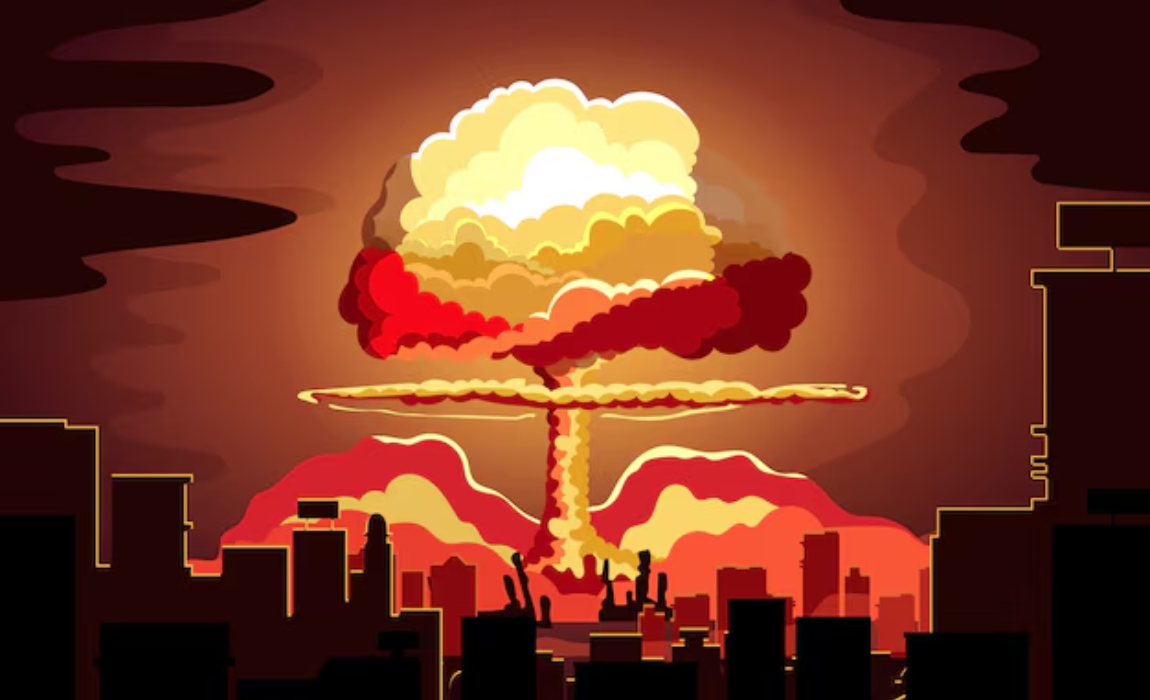
Red Fort Blast: Invoking UAPA — Swift Justice or a Slippery Slope to Authoritarianism?
The Red Fort Blast of November 10, 2025, has once again pierced the nation’s sense of security and reminded us that terror can strike even at the heart of India’s capital. A Hyundai i20 car exploded in flames at the Subhash Marg traffic signal near the historic Red Fort, triggering a chain of blasts that set nearby vehicles ablaze. The attack claimed at least 12 lives and injured more than 20 people, shattering a calm Delhi night and leaving behind fear, smoke, and unanswered questions.
In a swift move, the Ministry of Home Affairs (MHA) handed over the investigation to the National Investigation Agency (NIA), the country’s premier counter-terror body. The Delhi Police registered a case under the Unlawful Activities (Prevention) Act (UAPA), the Explosives Act, and the Bharatiya Nyay Sanhita (BNS). Home Minister Amit Shah convened a high-level review meeting, while
Defence Minister Rajnath Singh vowed that the culprits “won’t be spared under any circumstances.” The prompt government action signals resolve — but it also reopens an important debate about the balance between national security and civil liberties.
This is not the first time the Red Fort has been the target of terror. The 2000 Red Fort attack, carried out by Lashkar-e-Taiba operatives, claimed the lives of three soldiers and shook the nation’s confidence. The main accused, Mohammad Arif alias Ashfaq, was sentenced to death after years of trial. Before that, Delhi has faced multiple terror strikes — the Parliament attack in 2001, the Delhi serial blasts in 2005 and 2008, and the High Court blast in 2011 — each prompting the same question: how can India fight terror without compromising the rule of law?
The government’s decision to invoke UAPA this time reflects both the seriousness of the blast and the growing dependence on extraordinary laws to deal with terrorism. The UAPA grants wide powers to investigating agencies — extended custody, delayed charge sheets, and limited access to bail. These provisions are meant to address complex terror networks, but they also raise concerns about misuse. Over the years, human rights groups and legal experts have warned that the same law has been used to target activists, journalists, and students under the guise of national security. In many cases, individuals spend years in jail without trial, only to be acquitted later.
In a democracy, national security cannot be divorced from constitutional morality. While terrorism must be crushed with an iron hand, justice must not be sacrificed in the process. The Red Fort Blast investigation must therefore be rooted in evidence, not assumptions. The NIA must conduct a transparent and impartial probe — focusing on facts, not fear. Justice for the victims will be meaningful only if it also upholds the rights of the accused to a fair trial.
The broader challenge lies in ensuring that laws like UAPA do not become permanent tools of control. India has seen this pattern before — from TADA in the 1980s to POTA in the early 2000s — where anti-terror laws initially created for national security were later used for political or communal targeting. Both laws were eventually repealed after public outrage, but UAPA remains and has become even more powerful through amendments. The danger, therefore, is not the existence of such laws, but the lack of strong safeguards against their misuse.
The Red Fort, from where every Prime Minister addresses the nation on Independence Day, stands as a living symbol of India’s freedom and resilience. It is tragic that the same site has become a recurring target for forces seeking to attack that freedom. The government’s challenge today is not only to catch the culprits but also to protect the democratic values the monument represents.
India must respond to terror with strength, not suppression; with justice, not vengeance. There must be faster trials, independent judicial oversight, and periodic reviews of UAPA cases to prevent the law from turning into a weapon of fear. Terrorists must be punished, but without turning India into a state of suspicion and silence.
The Red Fort Blast of 2025 is a grim reminder that terrorism still threatens our peace. But how the state responds will define what kind of democracy India remains. Swift justice is essential — yet if that justice comes at the cost of freedom, we risk losing the very values we seek to defend. The real strength of India lies not in how harsh its laws are, but in how fairly and fearlessly they are applied.
